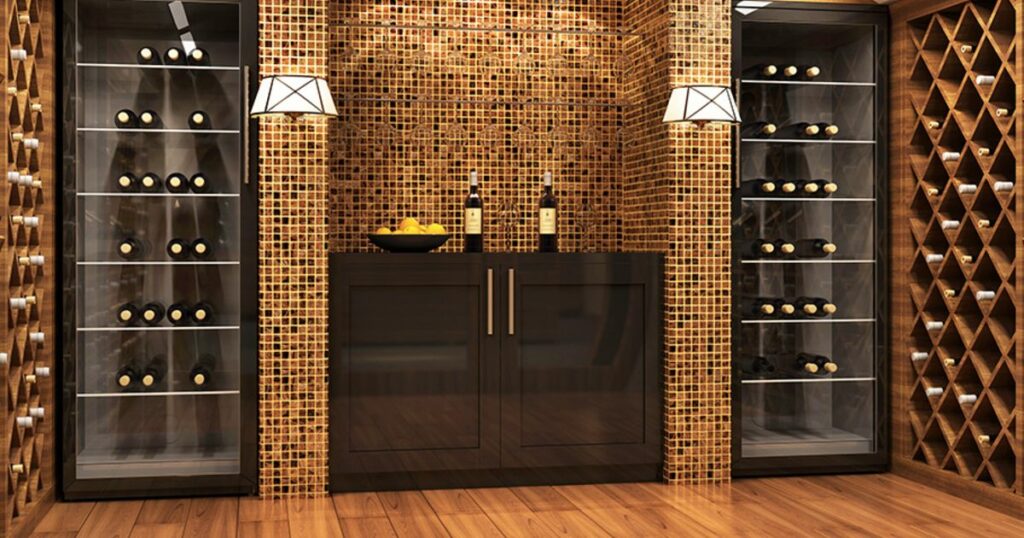
When delving into the world of wine, the crucial question of storage quickly arises. Choosing the right wine cellar becomes essential to ensure that each bottle reaches its peak of flavors. Whether you’re a passionate collector or simply someone keen on preserving your favorite wines, this comprehensive guide will help you navigate the vast universe of wine cellars.
1. Assess Your Needs
Before venturing into choosing a wine cellar, take the time to assess your specific needs. Consider the size of your current collection and anticipate its future expansion. Ask yourself questions about the type of wine you plan to store, as reds, whites, and sparkling wines have different storage requirements.
2. Storage Capacity
The storage capacity of the wine cellar is a crucial aspect. Choose a cellar that can accommodate your current collection while leaving room for future growth. A realistic estimation of your personal consumption and potential expansion will guide you towards the ideal capacity.
3. Type of Wine Cellar
There are two main types of wine cellars: aging cellars and service cellars. Aging cellars are designed to store wines long-term, while service cellars maintain wines at the optimal tasting temperature for immediate consumption. Choose based on your preferences and consumption style.
4. Temperature and Humidity Control
Temperature and humidity stability are crucial for wine preservation. Opt for a wine cellar equipped with a precise temperature control system, allowing minimal variation. Adequate humidity levels, typically between 50 and 70%, are also essential to prevent corks from drying out.
5. Insulation and UV Protection
Good thermal insulation is indispensable to ensure internal temperature stability. UV rays can alter the chemical composition of wine, compromising its quality. Choose a wine cellar with UV protection, such as tempered glass doors or UV filters.
6. Cellar Configuration
The internal configuration of the wine cellar is as important as its external features. Adjustable or modular shelves provide the flexibility to accommodate bottles of different sizes and shapes. Also, opt for wooden shelves, which absorb unwanted vibrations that could disrupt the wine aging process.
7. Noise Level
If the wine cellar is intended for placement in a living space, the noise level can be a determining factor. Some wine cellars emit a slight noise during operation, while others are designed to operate silently. Ensure that the noise level aligns with your expectations.
8. Design and Aesthetics
The wine cellar is not limited to its practical features; it can also be an aesthetic element in your living space. Choose a design that harmoniously integrates with your decor, whether it’s a built-in cellar in a kitchen or a standalone cellar in a dedicated room.
9. Brand and Reputation
Conduct thorough research on wine cellar brands before making your choice. Opt for reputable manufacturers that guarantee the quality of their products. Online reviews, critiques, and recommendations can be valuable resources to help you make an informed decision.
10. Budget
Set a realistic budget before embarking on your quest for the perfect wine cellar. Wine cellars are available in a wide price range, so make sure to find a balance between your specific needs and budget constraints.
In conclusion, choosing the right wine cellar requires a deep understanding of your needs, a careful assessment of technical features, and research into reliable brands. Whether you are a seasoned collector or a passionate enthusiast, investing in a quality wine cellar will ensure that every sip is an unforgettable experience. Take the time to choose wisely, as a good wine cellar will not only become the guardian of your precious bottles but also a symbol of your passion for the art of wine.